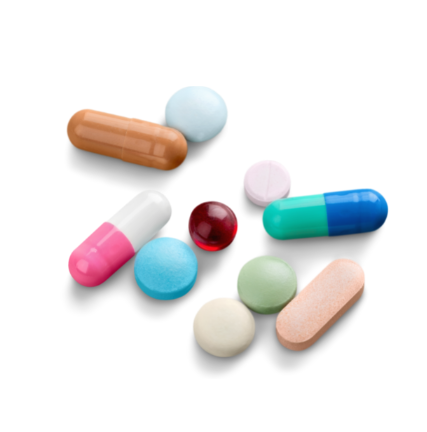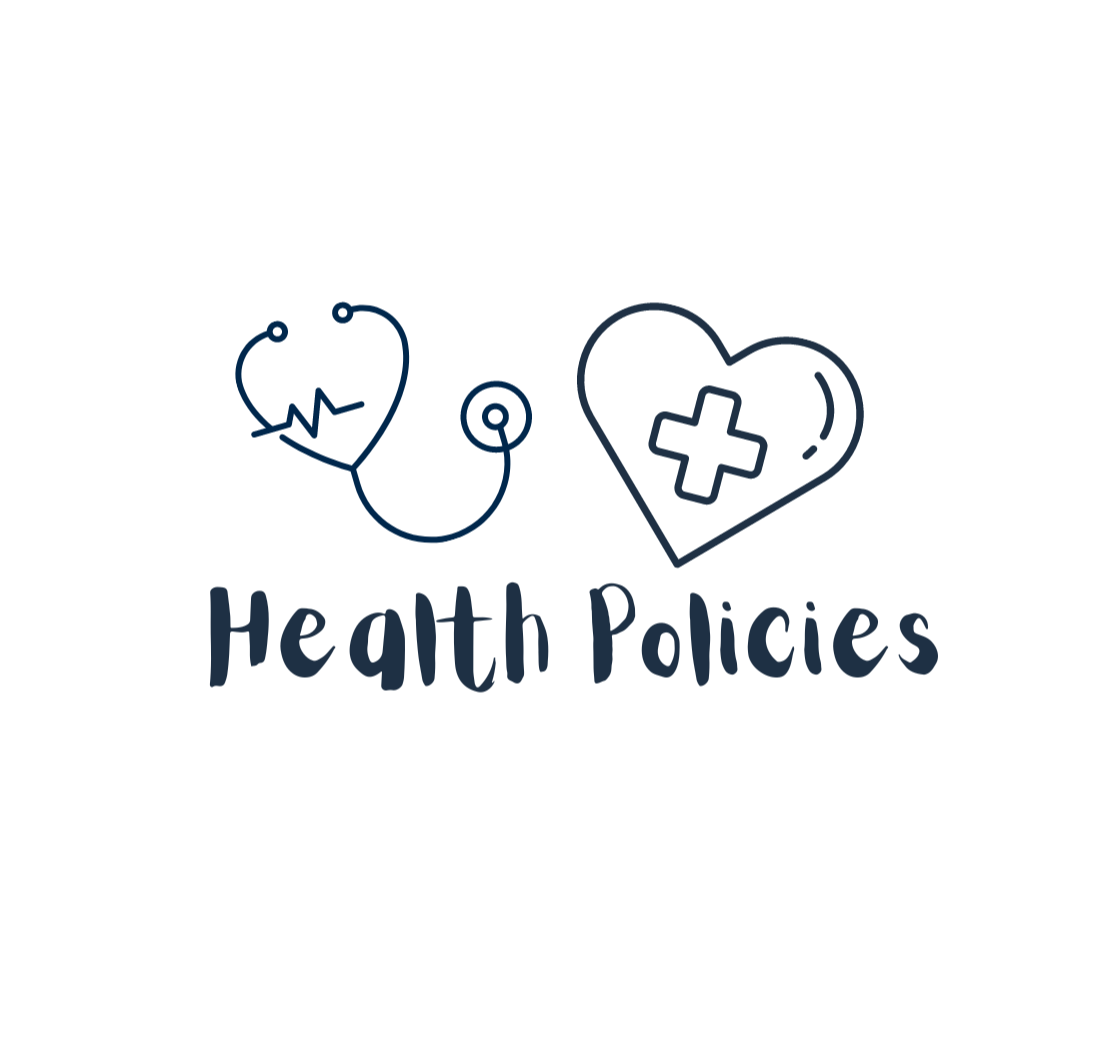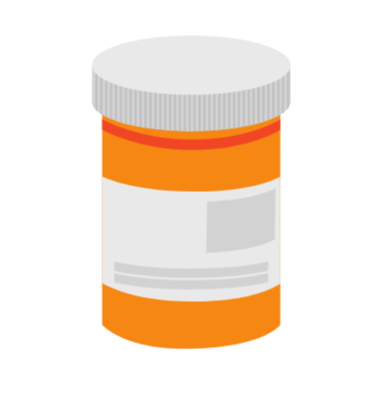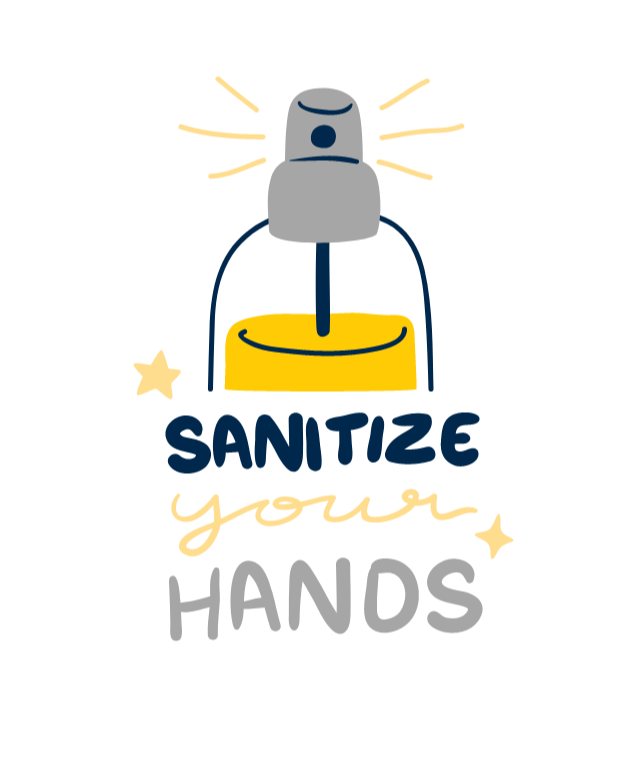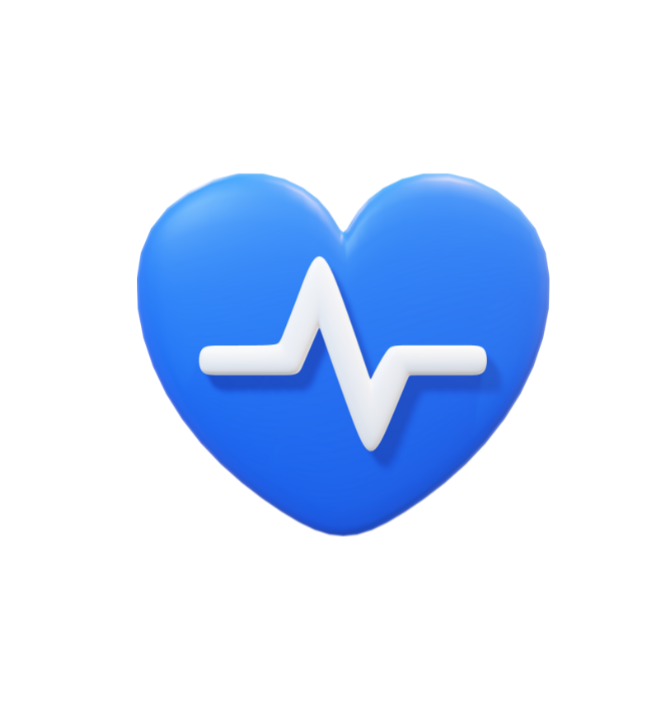
Can my child take over-the-counter (OTC) medications, like Cough Drops, Tylenol, or Ibuprofen?
Yes. However, ALL medications (including OTC medications) must have a completed and signed Medication Form; if your student will be carrying his/her own medication, then a parent may initial 'Option II' on the Medication Form and sign it. Please see the TASD Medication Policy for more details.
Can the nurse give over-the-counter (OTC) medications?
Yes. However, ALL medications (including over-the-counter medications) must have a completed and signed Medication Form from a licensed practitioner. Please see the TASD Medication Policy for more details.
Why can't the school bend the rules "just this once" and give my child medication without a physician-signed Medication Form?
Please see the Health Policies for more information.
Why can't my student bring his/her own prescription medication to school?
The reason we don't allow students to bring his/her own prescription medications to school is that we want to prevent the possibility of other students getting ahold of a medication that isn't theirs. We don't necessarily think your child will "share" his/her medications with another student. But children are curious, and we don't want the "sharing" or "taking/borrowing" to be a temptation. One exception to this rule is that we do allow students to carry inhalers.
When is it medically necessary for my child to stay home from school?
Fever of 100 degrees or higher
Rash along with a fever
Crusty, red, and/or "weepy" eyes
Head lice and/or nits present
Vomiting within 12 hours of coming to school (must be fever-free and tolerating food and liquids before returning to school)
Diarrhea if incapable of controlling their bowels, or if unable to perform good hygiene
Asthma symptoms that aren't responding to medication
If seen and told to stay home by your family doctor. Please bring a note clearing your child to return to school (if you get a note from your physician, your child's absence will not be counted against his/her attendance).
**Please note that if your child comes to school with any of the above signs/symptoms, the school will call you to come and pick up your child.
May I send my child to school with a cold?
Yes. However, your child must be fever-free without fever-reducing medication (Tylenol, ibuprofen, etc.) for 24 hours. If there is a cough, it should be infrequent and not likely to be disruptive to the class or your student. Your child should feel that he/she can get through the planned school day.
When should I seek medical/dental care for my child?
Fever over 100.5 degrees with a sore throat
Any rash along with a fever
Fever with earache and/or drainage from the ear
Fever with a loose cough that produces yellow or green mucus
Crusted or "weepy" eyes that are red and swollen
Any illness that does not begin to get better within 2-3 days
If your child frequently misses school or calls to go home from school due to a specific problem
Toothache, swollen gums, and/or injured tooth
What is done at schools to keep my child with a life-threatening food allergy safe?
Elementary:
Students with allergies wear a lanyard to lunch. Because our hot lunches are peanut-free, staff ensure that students with allergies always sit with friends who are having hot lunches.
Any child that has a dietary restriction/allergy should have a Special Diet Form filled out and signed by a physician. Then the school is required to find a food substitute for their meals (so, if we have a child that has a wheat allergy, our school gets gluten-free bread [like chicken nuggets with a gluten-free breading] for him/her; or a child with a milk allergy would receive soy milk.). We make sure our dietary staff gets a copy of any Special Diet forms we receive.
If a child’s allergy requires an Epi-pen, the parents also have their physician fill out the Medication Form.
The child’s Epi-pen is kept in the nurse’s office, and all staff is educated on where to find them.
The nurse does Epi-pen training for all the staff because you never know who’s going to be around if there’s a reaction.
Middle School/High School:
Lanyards aren't required for these students, since they are older and more aware of their allergies.
We have a table for the peanut-allergy students to sit at, along with hot lunch students.
Same Special Diet Form protocol and Medication Form protocol as Elementary School
Epi-pens are kept in the nurse's office, and all staff is educated on where to find them.
The nurse does Epi-pen training for all the staff.
What is done at schools to keep my child with diabetes safe?
Students with diabetes should have a Medication Form filled out. If your student needs assistance with administering his/her insulin, then a physician needs to sign this form. If your student is independent with insulin administration, then the form requires a parent/guardian's signature.
If your student requires assistance with insulin administration, in addition to the Medication Form, please supply or have your doctor's office fax over a copy of your student's Diabetic Plan.
Unless your student carries Glucagon on themselves at all times, please supply the school with a Glucagon kit, that will be kept in the nurse's office.
The nurses will provide Glucagon training to all staff.

As a parent, what can I do to make sure my student is ready to learn and succeed in school?
Make sure your student is getting 8-10 hours of sleep each night.
Make sure your student has breakfast every morning.
If your student has been prescribed glasses/contacts, make sure they wear them EVERY day and that they are in good condition with a current prescription.
Take your student for regular physicals and dental care, especially if they have a chronic health condition.
Make sure the school has current orders from your health care provider for any medications or procedures that need to be provided while at school. Please note that new orders are required each school year.

